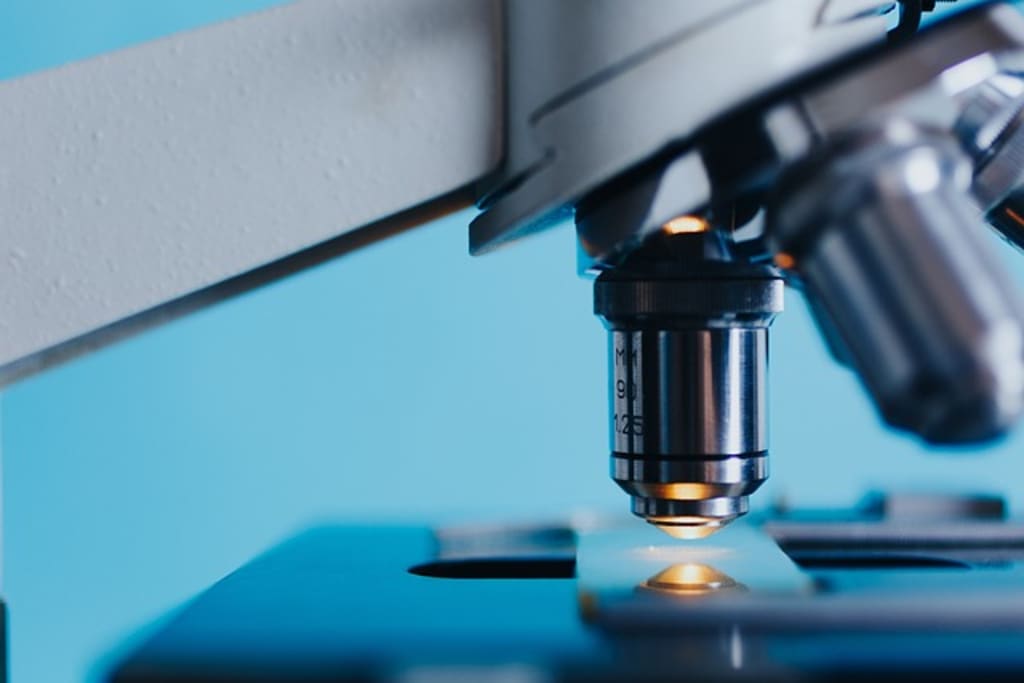
We all live in a world that's confusing and has a powerful influence over our well-being. If we choose to pretend that reality isn't there, or it's somehow under our complete control, it will quickly teach us the stupidity of that belief. Like it or not, the world outside ourselves exists. And we need it much more than it needs us.
Because of this, it's important that we understand it as best we can. Whatever your situation, a better understanding of the world gives you a big advantage in providing you with a better life. More than that, the world is a very interesting place and is worth learning about for its own sake.
The problem with trying to understand reality is that there are so many conflicting views about it. From the biggest questions - such as "Is there life after death?" - to the smallest questions - "What's good on TV tonight?" - you will hear many different points of view. Whatever the subject, humanity has spent its history arguing - often violently - about what the answer is.
How are you to decide for yourself?
Well, there is one method that's provided very satisfactory answers to many of the questions of reality. Of course, it is still a long way from answering all of them. But if you want the closest thing to a truth that relies on evidence rather than opinion, then science is it.
But it's important that you understand what science is. Most people with even a humble education these days can agree that science is a good way of establishing truth. Because of this, many groups who wish to push what is in reality "opinion" like to dress up their arguments as "science". Being able to distinguish between "opinion" and "science" is a very important skill. Fortunately, it's easy to learn how to do it.
The first thing to establish is that "opinion" is not necessarily wrong. It just hasn't been proven or disproved.
If I say to you: "I think there is intelligent life on other planets". I am expressing an opinion. I may believe that statement passionately, to the point I am prepared to kill or die for it, but it is still opinion. I can't prove or disprove it using physical evidence.
Religious belief also falls into the category of "opinion". I realize that this is a difficult point for many people to accept, so I won't delve into it too deeply. Suffice to say, in this case my definition of "opinion" is something that has not yet been categorically proven or disproved to the point where it is difficult to argue with.
If you are religious, you may not like your religion being described this way, so instead take it that I am talking about religions other than yours, and instead concentrate on the rest of what I have to say.
Science refers to things that can, and have, been proven. It demands that we prove our opinions to others using physical evidence that we can all agree on.
A scientific fact starts off with an "opinion" or what scientists refer to as a "testable hypotheses". What this means is that somebody guesses a basic truth, but it has to be in a form that it can be tested.
Saying "In a thousand years we will all turn into zebras" is not a testable hypotheses, because we have to wait a thousand years to test it. It may (or may not) be the truest thing ever said, but it is useless as a scientific hypotheses.
However, if I say "Aspirin are useful when treating warts", that is a testable hypotheses. All I have to do is find a large group people who have warts, give some of them aspirin and make sure some of them don't get aspirin over a period of six months . If a significant number of my group who took aspirin find their warts cured, and most of the group who didn't take aspirin still have warts, then I am well on my way to establishing a scientific fact.
But it doesn't stop there.
My experiment to prove my opinion is correct must not only involve compelling physical evidence. It must also be repeatable. When I publish my results, I must say in detail how I undertook the experiment. I must do so in enough detail that others can do the same and see if they get the same results.
Only then can my opinion be considered proven. Even after that, other scientists will continue to try to prove me wrong by testing my opinion under different circumstances. For example "Does aspirin cure warts in cold weather?"
Science is all about experiment. "If it disagrees with experiment, it is wrong," a famous physicist once said - and he's right.
How elegant or powerful your opinion sounds is irrelevant. How fancy the words describing it are means nothing. How deeply and passionately the person expressing that opinion feels about it is meaningless in a scientific environment. How many important looking facts and figures I put around it don't count for anything.
All that matters is that the opinion is testable by experiment, using physical evidence to establish if it's right or not, and giving others the information they need to repeat the experiment. It is the most rigorous method for testing truth ever developed.
So when you hear someone expressing an opinion, ask yourself if it's been scientifically proven. Even better, check for yourself and see if the proof fits the criteria I've specified above.
If it doesn't, then it's just another opinion. The world is full of them, and it's difficult to say which are worth anything.






Comments
There are no comments for this story
Be the first to respond and start the conversation.